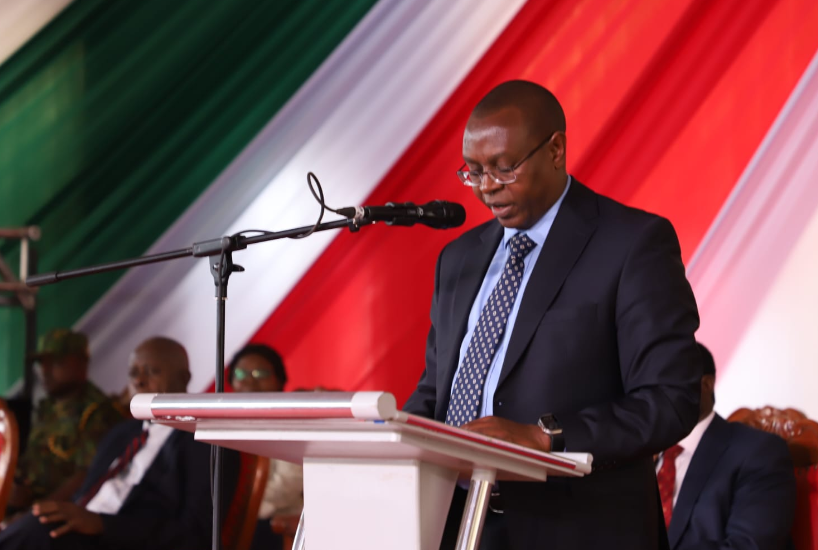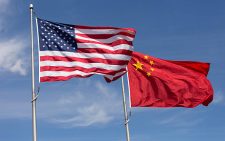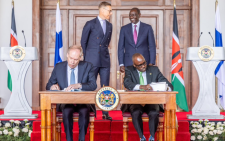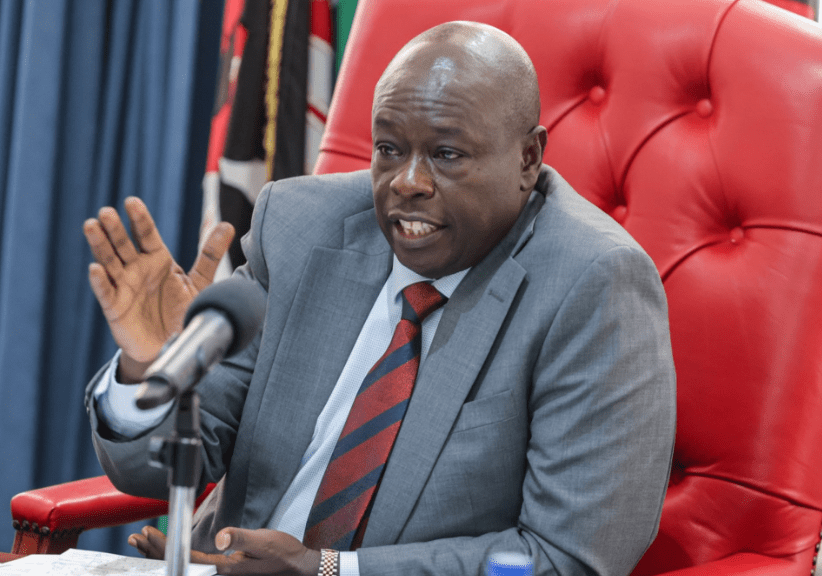Unofficial names could be allowed on the ballot
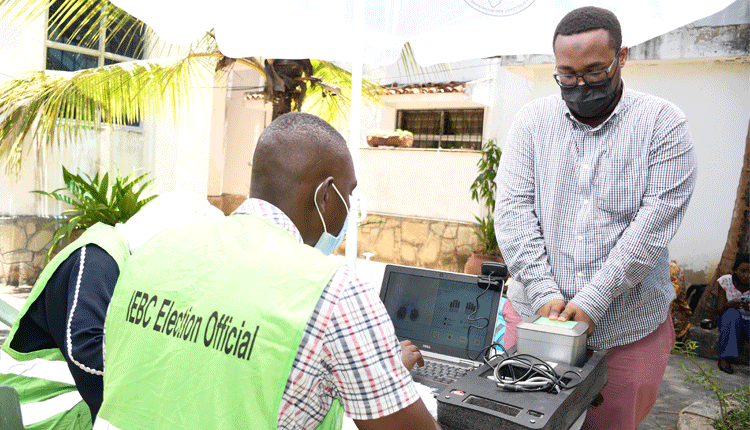
Presidential candidates could be granted their wish to identify themselves on the ballot paper instead of their official names.
Deputy President William Ruto (Hustler), ODM leader Raila Odinga (Baba), ANC leader Musalia Mudavadi (Madvd) and Ford Kenya’s Moses Wetangula (Wetaa) are some of the nicknames that could appear on the ballot in 2022 General Election if a Bill in the senate is enacted.
The Senate has republished The Election (Amendment) Bill, 2021 sponsored by Nyeri Senator Ephraim Maina allowing the Independent Electoral and Boundaries Commission (IEBC) to use a candidate’s nickname on the ballot.
“The purpose of this Bill is to amend the Elections Act, No. 24 of 2011 to allow a candidate to be presented to the electorate on party primary or election ballot papers in the way in which the candidate has chosen to familiarise himself to the electorate,” the Bill reads in part.
However, the name must first be approved by the commission upon an application by a candidate seeking to have his or her nickname included on the ballot.
The changes could take effect as soon as the next elections if Senate and the national assembly approve it and the president signs it into law.
Official names
Currently, the law only permits the use of a candidate’s official name as it appears in the register of voters and in the candidate’s identification documents.
A candidate who wishes to have his or her popular name included on a ballot paper has to go through the lengthy process of officially changing his or her name through the procedures set out under the Registration of Persons Act, Cap 107, the Registration of Documents Act, Cap 285 and the Rules and Regulations made under the two Acts.
“Name recognition thus becomes an important aspect of a free and fair election and should be enabled to the fullest extent.
It ensures that a voter easily identifies his or her preferred candidate on a ballot and therefore votes in the way he or she intended,” he said.
“The ultimate goal of an election is to ensure that the electorate choose their preferred leaders in a free and fair environment.”
A candidate who wishes to have his or her popular name included on a ballot paper must officially change through set out procedures.
In defence of the Bill, Maina argues the rigid laws only requires use of official names has condemned many to defeat at the ballot as many of their supporters only recognise them by their popular names.
Maina says allowing a candidate to include a nickname on the ballot ensures that a voter easily identifies his or her preferred candidate on a ballot therefore votes in the way he is she intended.
“Candidates should therefore not be unduly restricted in the way they present themselves to the electorate on the ballot and other election related materials as this hinders the realization of the candidates’ right to, without unreasonable restrictions contest in an election.
To ensure that the flexibility does not prejudice a free and fair election in any way, the Bill mandates the IEBC to approve the use of a popular name in an election.
“This bill therefore seeks to provide for the inclusion of a candidate’s popular name on a ballot paper while at the same time safeguarding the sanctity of the electoral process,” The Bill states.
In the case of a party candidate, he or she will to apply at least 21 days before submission of names for to the commission.
For an independent candidate, the name shall be submitted at the time of submission of the candidate’s symbol.
“The commission shall, within seven days of receipt of an application under subsection (2), notify the candidate of its decision in writing,” the bill reads.

